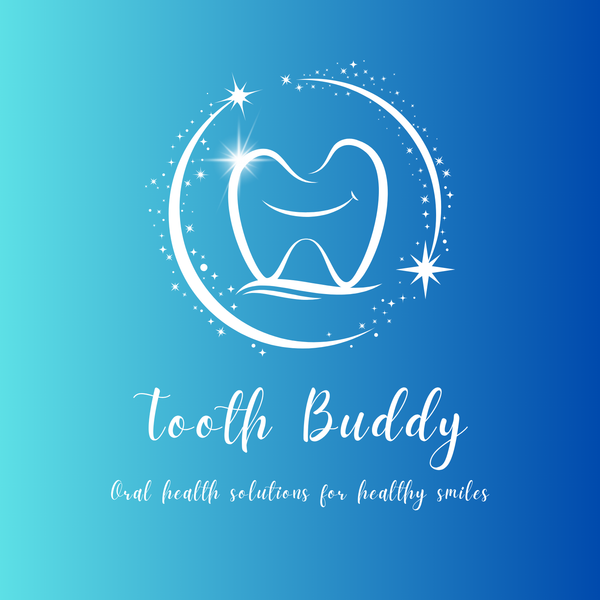
First Smiles Matter: Gentle Dental Care for Your Baby
Welcoming a new baby into the world is a joyful experience, filled with precious moments and milestones. One of the earliest milestones is the arrival of your baby’s first smiles. However, did you know that these first smiles are more than just adorable? Establishing gentle dental care from the beginning can set the foundation for a lifetime of healthy teeth. In this guide, we will explore the importance of first smiles and how to care for your baby’s oral health right from the start.
Understanding Your Baby’s Tooth Eruption
The arrival of your baby’s first teeth is an exciting milestone. Knowing when teeth will appear and understanding the signs of tooth eruption can help you navigate this stage with confidence.
When Do Baby Teeth Come In?
Your baby may begin to sprout their first teeth around 6 months of age, although the timing can vary. Some babies may start teething as early as 3 months, while others may not get their first tooth until 12 months. The primary teeth typically emerge with the lower front teeth, followed by the upper front teeth. By age 3, most children will have 20 primary teeth.
Signs of Tooth Eruption
You may notice the following signs as your baby’s teeth begin to emerge:
-
Increased drooling
-
Swollen and tender gums
-
Irritability or fussiness
-
Chewing on objects
-
Changes in sleep or appetite
Being aware of these signs will help you provide the necessary comfort for your baby during this phase.
The Importance of Early Oral Hygiene & Prevention
You might wonder why dental care matters for a baby who doesn’t yet have a full set of teeth. The truth is that good oral hygiene should start early, even before the first tooth appears. Establishing proper dental habits early on helps prevent issues like early childhood caries (ECC), or baby bottle tooth decay, which can lead to long-term dental problems.
Tips for Parents on Cleaning Baby’s Gums
Before teeth emerge, you can start gently cleaning your baby’s gums after each feed. Use a soft, damp cloth to wipe their gums and remove bacteria. Once teeth come in, switch to a small, soft-bristled toothbrush. Brush twice a day with a tiny smear of fluoride toothpaste—about the size of a grain of rice—to protect your baby’s teeth.
Choosing the Right Products
Selecting the right tools for your baby’s oral care is key to ensuring their teeth and gums stay healthy. Here’s what to look for:
-
Toothbrush: Choose an age-appropriate toothbrush with soft bristles.
-
Toothpaste: Opt for fluoride toothpaste made for babies. Always supervise brushing to ensure they don’t swallow excess toothpaste.
-
Pacifiers: Consider using orthodontic pacifiers, which support healthy oral development.
Introducing the Toothbrush and Establishing Routines
Introducing a toothbrush as soon as your baby’s first tooth appears is important in creating a positive, cooperative brushing habit.
When to Introduce the Toothbrush
Start brushing as soon as the first tooth emerges. This will normalize brushing as part of their daily routine.
Tips for Making Brushing a Positive Experience
-
Start with gentle, soothing motions to ease your baby into brushing.
-
Use a colorful toothbrush or one with favorite characters.
-
Make brushing fun by singing a song or telling a short story.
-
Keep sessions short and rewarding with praise or small rewards.
Preventive Care and Regular Dental Visits
While home care is vital, regular visits to the dentist help ensure your baby’s oral health. Early visits allow the dentist to spot potential issues and establish a good foundation for oral hygiene.
Scheduling the First Dental Visit
The first dental visit should take place within six months of the first tooth eruption, or by the time your baby turns one. This visit helps identify any early dental issues and provides guidance on good oral health practices.
Topics Covered During Dental Appointments
During the first visit, the dentist will assess your baby’s oral development and discuss the following:
-
Tooth eruption and overall oral health
-
Oral hygiene practices
-
Diet and fluoride recommendations
-
Preventive strategies to protect against decay
Ortho-Friendly Pacifiers & Introducing the Toothbrush
Why Choose Ortho-Friendly Pacifiers?
Many pacifiers can negatively impact your baby’s teeth and jaw alignment. Ortho-friendly pacifiers are designed to minimize these risks and support healthy oral development. Choosing the right pacifier helps reduce the likelihood of future dental issues.
Introducing the Toothbrush
When introducing a toothbrush, ensure it’s designed for infants with soft bristles and a small head. Allow your baby to explore the toothbrush, which helps them become familiar with the process. Consistency and patience are key for developing healthy habits.
Final Tips & Takeaways
Your baby’s first smiles are precious and deserve gentle, dedicated care. Starting early with oral hygiene routines, choosing appropriate tools like ortho-friendly pacifiers and soft toothbrushes, and scheduling regular dental visits are essential steps in ensuring your little one’s smile is healthy and bright.
Remember, every smile counts! By embracing gentle dental care from the start, you’re setting your baby up for a lifetime of healthy smiles. Enjoy every moment of your baby’s first smiles—they’re just the beginning of a beautiful journey!
Follow us on Instagram @tooth_buddy_store
© Tooth Buddy Ltd 2025 | All rights reserved
